
Apr 05 2022 Guiding our Grandchildren to Be Helpers
Ages:
3-8When I think about Fred Rogers and Mister Rogers’ Neighborhood, the obvious words come to mind: neighborly, kindness, helping.
As a Jewish grandmother, I can translate those words into one of our most important values: chesed (lovingkindness) that I want to pass on to my grandchildren. Chesed is more than being nice. And it’s different from mitzvot (commandments or doing good deeds) because those are obligations. True chesed is about offering help or kindness without any expectation of return — just because it’s helpful to someone else. Not an easy thing to ask of children.
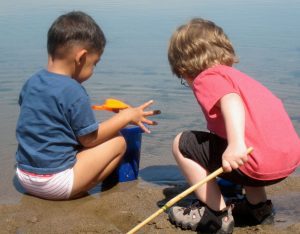
What can help us pass this attribute on to our grandchildren?
Let me start with something I learned from Fred when he was working on the Neighborhood programs about Grandparenting: in order to enjoy the role of being grandparents, it’s important to remember that we are NOT the parents. We’re in a different role now. We are coaches, mentors, comforters, and fans rooting from the sidelines. And when you think about it, that’s a powerful position for passing on values.
Remember, too, that values like chesed grow little by little — through lots of experiences, big and small, that give our grandchildren a taste of that good feeling of helping others.
Here are some ways we can share the value.
Talk about it as “being a helper”
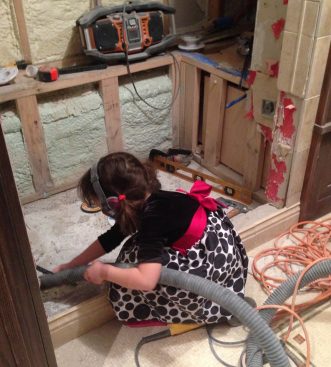
I remember seeing research showing that children are more likely to stop what they’re doing and help if we ask, “Would you be a helper?” It seems that using a noun (helper) gives children a sense of power, a chance to play an important role. When we guide them to think of what others might need, we’re laying the foundation for empathy and compassion — for lovingkindness.
Think about what it means when we ask for help this way:
- Can you be my helper and work with me to pick up some of the toys before your mom comes home? I’ll pick up the big things, and you get the little pieces because I can’t bend down easily (if that’s the case).
- Can you be my helper and show me how to search emails on my smartphone?
- Can you be my helper and straighten out my junk drawer? It’s hard for me to find things in it. Let’s take everything out, then I bet you can figure out a way to organize it in these small containers.
Encourage grandchildren to be a helper to others in need
- I know grandparents who add money to donate as part of their birthday or Hanukkah gifts to the grandchildren. They help them find child-friendly websites of tzedakah causes that match their interests.
- How are we modeling generosity, when most of our charitable acts of lovingkindness are done with a credit card online or with a check in an envelope, out of view of our grandchildren? Think about how different it is when children hear the clink of the coins going into the tzedakah box and hear from us who those coins are going to help.
- Even little ones can be helpers of the world. When my six-year-old granddaughter set up a lemonade stand in her yard with a friend to sell their handmade bracelets to raise money for Ukrainians, I was so proud of her and added to her fund.
- One of Fred’s favorite quotes was a Quaker saying, “Attitudes are caught, not taught.” When we talk about how we’ve helped someone or donated to certain charities, that’s contagious. We also teach in those everyday moments when we’re in the midst of something, like watching a tv show, and a grandchild calls asking for reassuring comfort or homework help or to share a happy moment — and we stop what we’re doing to offer some lovingkindness to them.
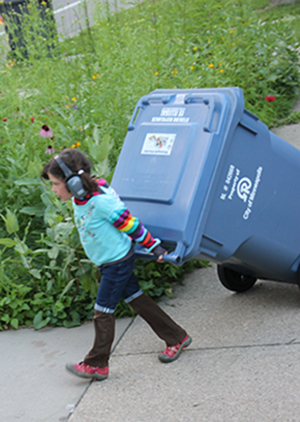
Let them know how much it means to us when they’ve been helpers
- As a coach or mentor, we’re often watching from the sidelines. So, we’re in a great position to let our grandchildren know we noticed (with our words or maybe a thumbs-up if we feel they might be embarrassed) when they did something kind or helpful for a brother or sister, friend or stranger. That’s reinforcement and tends to strengthen behavior.
- If we’re asking our grandchildren to do something helpful without expecting anything in return, let’s remind them, as Fred did, it can give you such a good feeling to know that you did something kind or helpful.
- Be sure to let their parents know when they’ve done something helpful. Give parents a chance to kvell, knowing they’ve helped their children live those kinds of values.
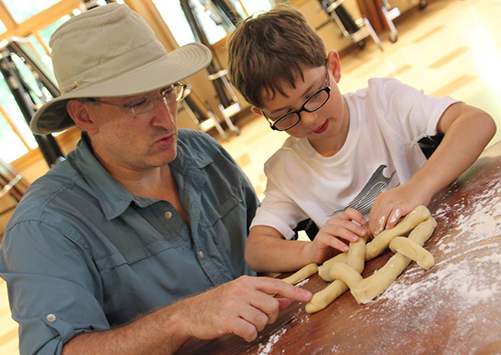
Remember, too, that lovingkindness starts with feeling loved. As we express our love in our own ways to our grandchildren, they’ll be more likely to take on the values that are important to us. As Fred said, “It’s through relationships that we learn best and grow best.”
Hedda Sharapan began working with Fred Rogers fifty-five years ago, on the very first day of taping Mister Rogers’ Neighborhood in October 1966. Currently she is a script consultant for Fred Rogers Productions’ highly acclaimed PBS children’s series Daniel Tiger’s Neighborhood. As a senior fellow at the Fred Rogers Center at Saint Vincent College in Pennsylvania, Hedda writes a monthly newsletter and has spoken all over the country, helping teachers and others reflect on Fred Rogers’ timeless messages for children and adults. Hedda is a long-distance and loving grandmother to four delightful grandchildren.
Photographs by Stephanie Fink



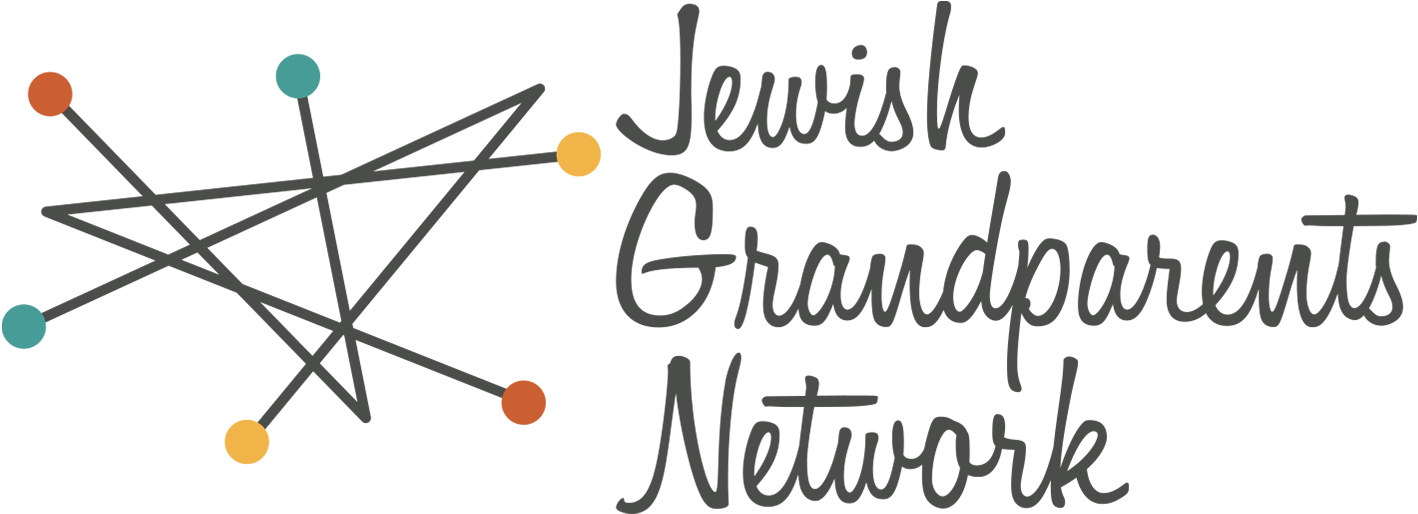
 We use technologies like cookies to remember your preferences. Consenting to these technologies will provide you with a better browsing experience. JGN never shares information about your use of our website.
We use technologies like cookies to remember your preferences. Consenting to these technologies will provide you with a better browsing experience. JGN never shares information about your use of our website.